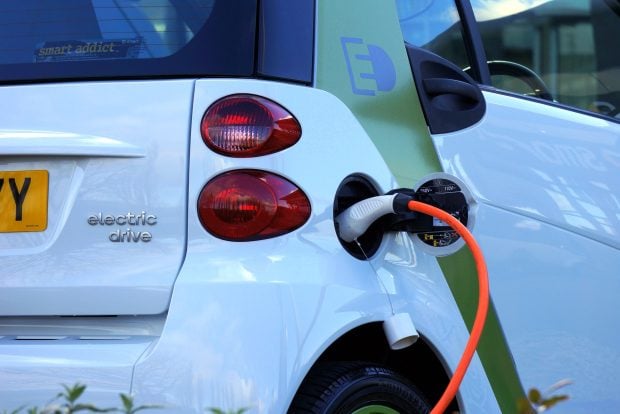Facebook and Google dig in against Australian media law

Facebook has threatened to block Australians from sharing news via the social media platform and its Instagram service, if the government persists with plans to require the tech giant to pay news providers when their content appears on the site.
The mandatory news code – drawn up by the Australian Competition and Consumer Commission (ACCC) – has been backed by the country’s major media companies, including News Corp Australia, Nine Entertainment and Guardian Australia, as a way to offset the damage caused by the loss of advertising revenue to Facebook and Google.
In a blog post published on Monday, Facebook’s managing director for Australia and New Zealand, Will Easton, wrote that the regulation “misunderstands the dynamics of the internet and will do damage to the very news organisations the government is trying to protect”. He argued that it would force Facebook to pay news organisations for content that the publishers voluntarily place on its platforms, “at a price that ignores the financial value we bring publishers”.
“Assuming the draft code becomes law, we will reluctantly stop allowing publishers and people in Australia from sharing local and international news on Facebook and Instagram,” Easton said, calling the decision “not our first choice” but “our last”.
He said that the ACCC “presumes that Facebook benefits most from its relationship with publishers, when in fact the reverse is true”. He claimed that in the first five months of 2020, 2.3bn clicks were redirected from Facebook’s news feed to Australian news websites at no charge – additional traffic which he said is worth an estimated AUS$200m (US$146m) to Australian publishers.
Easton said that Facebook invests millions of dollars in Australian news businesses and had offered to invest millions more during consultations over the new law, adding that it had hoped to launch Facebook News in Australia, as part of which publishers would be paid for their content.
“These proposals were overlooked,” Easton said. “We will continue to work with governments and regulators who rightly hold our feet to the fire. But successful regulation, like the best journalism, will be grounded in and built on facts. In this instance, it is not.”
Facebook told users it was updating its terms of reference next month, apparently to include the ban on Australians sharing news. The new line in the terms is: “We also can remove or restrict access to your content, services or information if we determine that doing so is reasonably necessary to avoid or mitigate adverse legal or regulatory impacts to Facebook.”
‘Ill-timed and misconceived’
Facebook’s show of defiance has been rebuked by Treasurer Josh Frydenberg who said the government would not respond to “coercion or heavy-handed threats”. The ACCC and government are continuing to work on the draft legislation as planned, he said.
ACCC chair Rod Sims, who accepts that Facebook already pays some media outlets for their content, said its threat was “ill-timed and misconceived”.
He cited the University of Canberra’s 2020 Digital News Report, which found that 39% of Australians use Facebook for general news and 49% use it for news about COVID-19.
Sims said the draft media bargaining code aims to ensure that Australian news businesses, including independent, community and regional media “can get a seat at the table” for fair negotiations with Facebook and Google, ensuring fairness and transparency in their dealings with both tech giants.
Facebook’s actions follow similar resistance by Google, which last month warned its users via ads linked to an open letter that Google Search and YouTube “are now at risk in Australia. A new government law would force Google to provide you with dramatically worse products, could lead to your data being handed over to big news businesses, and may affect your ability to use these free services”. It called on YouTube creators and viewers to swamp the ACCC with complaints about the proposed code.
The letter, the ACCC said, contained “misinformation” about how the code would work.
Sims said he hoped “all parties will engage in constructive discussions” as the draft legislation is finalised.
*Photo courtesy www.shopcatalog.com via flickr






















